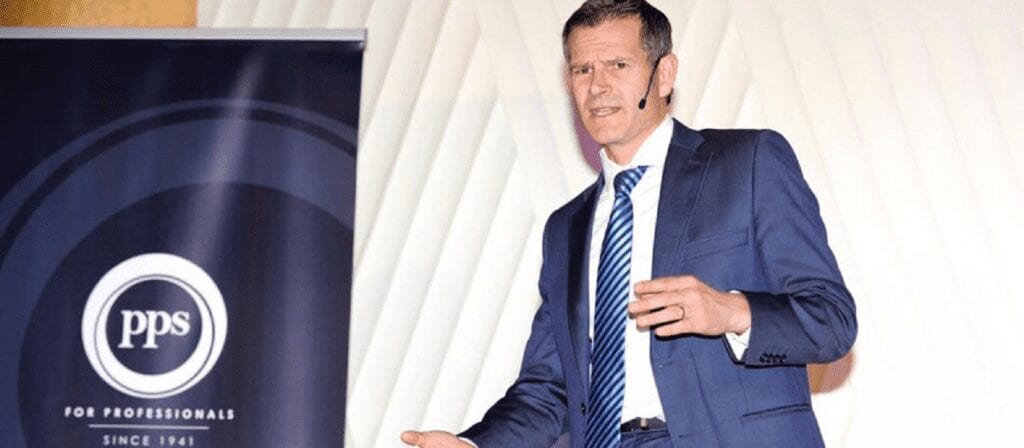When it comes to leadership, the business model and objectives of a company play an important role in determining the most appropriate leadership style for the organization. For example, leadership in a mutual company is inherently different to that of a company with shareholders and thus requires a unique approach.
In the shareholder model, the company has shareholders who make a conscious decision to buy or sell shares in the company. If the company is successful the share price goes up. However, if things go badly, or the shareholders do not like what is being done by the company, the shareholders have the option to simply sell their shares. There is no real commitment beyond the financial gain.
Shareholders are really only interested in receiving a competitive return on their investment. As a result of this, the performance contract of a CEO of a shareholder company is typically heavily focussed on generating shareholder return, and not as strongly focussed on customer service or delivering benefits to the customer.
In a mutual company, the customers are the shareholders. By simply buying qualifying products from the company, the client becomes a shareholder and shares in the profits of the company.
PPS has over 200 000 members who share in its profits. The members do not measure the success of the company based purely on return on investment, but rather meeting their financial services needs. The end goal for the company is to get more members, retain current members and make sure the members buy more products. As a result of this, the products being sold to the members simply have to meet their specific needs so that they do not have to shop around elsewhere. Everything we do is about adding more value to members. More members reduce the cost per member and consequently the profit per member is enhanced.
In light of this, a mutual company’s leadership and the role of the CEO is completely different.
In a shareholder company, the thinking is predominantly focussed on financial reward – if the company does well, the shareholders and management get richer. In a mutual business, the strategy is inherently risk adverse because members’ retirement funds are at stake and there is no direct financial reward for its management. Therefore, the leadership style is not as aggressive, especially as there are no explicit shareholder funds to use for growth strategies.
In a mutual, it is the members’ money that keeps the company going and the company owes it to its members to use the funds with extra prudence. This also means there is more of a balanced strategy when it comes to business spend, as a mutual cannot justify plans that cost a lot now and only give returns in years to come. At PPS, upon retirement, members receive the accumulated profits that they have built up over the years by being a PPS member. It would be very worrisome for these members if they saw PPS suddenly spending significant amounts of money on major projects that will only generate returns in many years to come.
However, just because we are not as focused on investor returns doesn’t mean the company does not do well financially. We still have a high financial performance culture – for example, in 2015 our total cumulative profit-share allocation to members reached R21.6 billion for the last ten years.
As a leader in this environment, it is clear to see why it is important to be customer focused. The style has to be one where you attract like-minded people who believe in the mutual model, otherwise the company will not succeed. Most of the executive team at PPS are members themselves, and believe strongly in the model. The management team literally live the ethos of the company.
In order to ensure success in the mutual model, the leadership style is one of shared leadership. We have the vision to provide superior financial services for the benefits of our members and a top management team that buys into that vision. Autonomy is given to each executive and because the Group vision is so clear, there is never a lack of clarity as to the way forward.
It is important to understand that leadership is not the same in every environment – a successful leader in environment A might not survive in environment B. I have been a CEO at a shareholder company previously, and my 13 years at PPS have taught me that right-minded people are the key to the success of a company, both at Board and management level.
This piece was written by Mike Jackson, Chief Executive Officer of ICMIF member PPS (South Africa). It was published in January 2016 in the ‘Sake’ column, the financial section for the Beeld, Die Burger and Volksblad, the biggest Afrikaans daily newspapers in South Africa with a combined readership of 122,945. The blog is reproduced with the kind permission of both Sake and PPS. On 18 February 2016 PPS will celebrate the company’s 75th anniversary. Our warmest congratulations to PPS!






